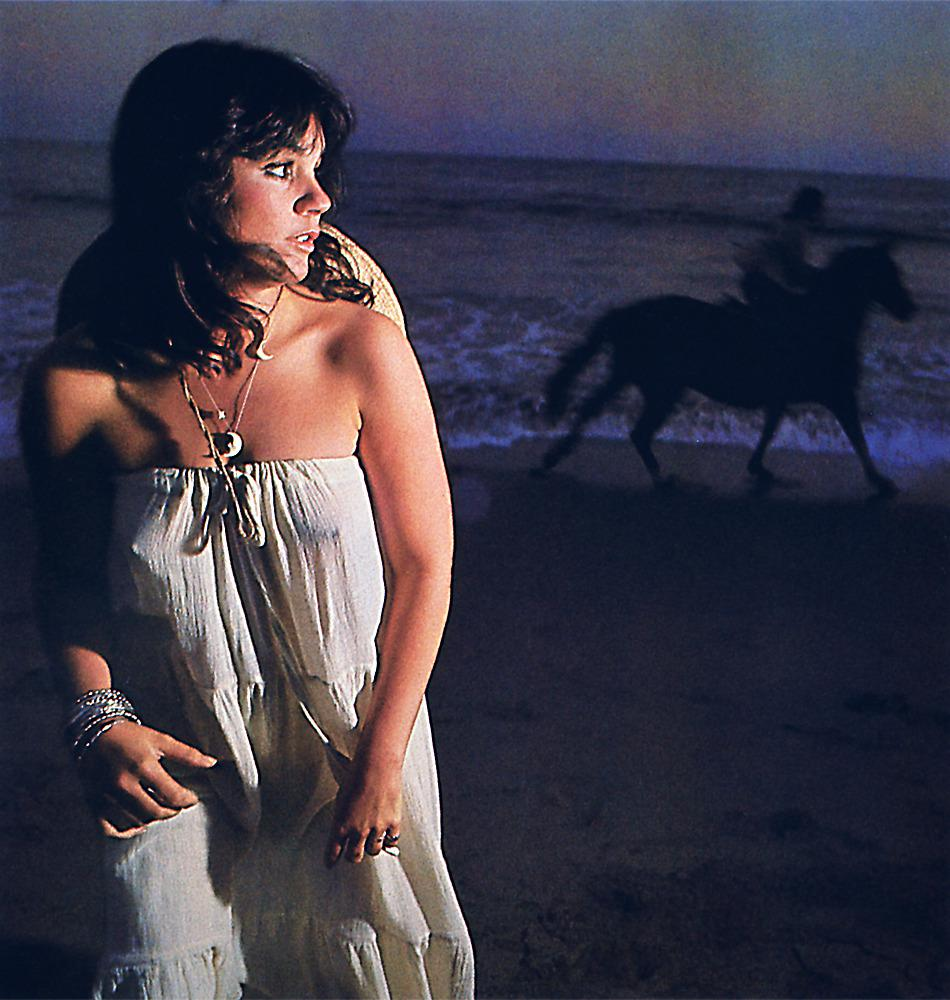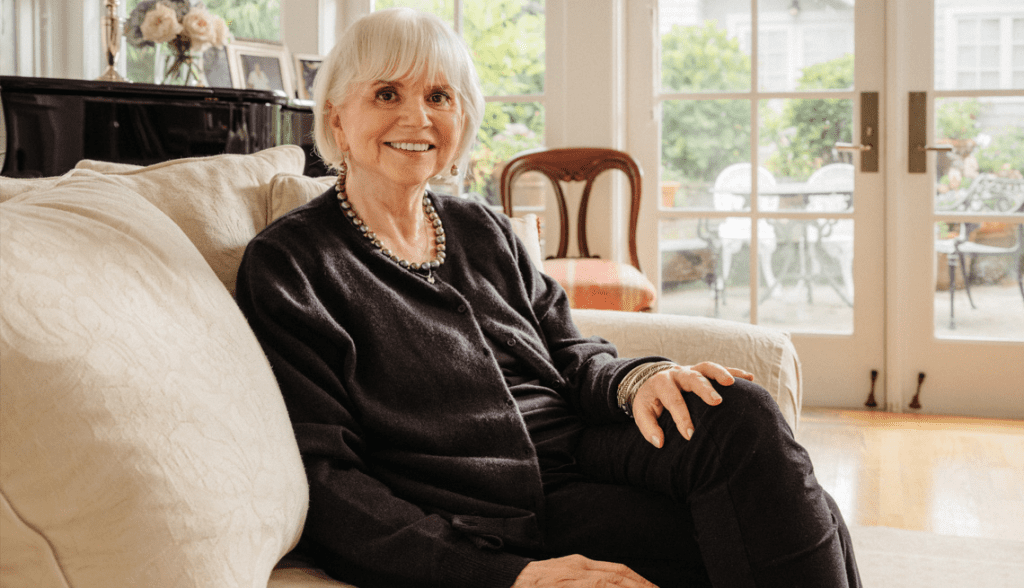Linda Ronstadt’s name is synonymous with unparalleled vocal talent, genre-defying music, and a career that spanned decades of iconic hits. With 10 Grammy Awards, multiple platinum albums, and over 100 million records sold worldwide, her influence is unmatched. Yet, her illustrious career was tragically cut short by a rare degenerative disease that robbed her of the one thing that defined her—her voice.

Young Linda Ronstadt
Early Life and Roots in Music
Born on July 15, 1946, in Tucson, Arizona, Linda Maria Ronstadt grew up in a culturally rich household. Her father, of Mexican and German descent, and her mother, with English and Dutch roots, cultivated an appreciation for music in their children. Raised on a sprawling ranch, Linda was surrounded by melodies from an early age, harmonizing with her family and absorbing the traditional sounds of her heritage.
These formative years laid the groundwork for a voice that would eventually transcend genres, effortlessly moving between rock, country, pop, and Latin music.
Breaking Into the Music Scene
Ronstadt’s professional career began in the mid-1960s when she joined the folk-rock trio, The Stone Poneys, alongside Bobby Kimmel and Kenny Edwards. Their breakout hit, Different Drum, put Linda on the map, showcasing her versatile voice and emotive delivery.
By 1969, she embarked on a solo career with her album Hand Sown…Home Grown, heralded as one of the first alternative country albums by a female artist. Though her early work gained critical acclaim, her path to superstardom was just beginning.
The Queen of Rock Takes Her Throne
The 1970s marked Linda Ronstadt’s meteoric rise to fame. Albums like Heart Like a Wheel and Simple Dreams spawned chart-topping singles, including You’re No Good and Blue Bayou. Her rock-and-roll edge, paired with emotional ballads, earned her the title “The First Lady of Rock.”

Ronstadt’s ability to connect with audiences was unmatched. Her voice, described as “sterling” and “peerless,” captivated listeners worldwide. She dominated the charts, with 21 Billboard Top 40 hits and three No. 1 albums, setting records as one of the highest-grossing concert performers of the decade.
Exploring Musical Boundaries
Never one to be confined to a single genre, Ronstadt pushed artistic boundaries throughout her career. In the 1980s, she collaborated with conductor Nelson Riddle to produce What’s New, an album of jazz standards, and recorded the Spanish-language Canciones de Mi Padre, a heartfelt tribute to her Mexican roots.
Her versatility extended to Broadway, where she earned a Tony nomination for her performance in The Pirates of Penzance. Ronstadt’s fearless approach to music made her a pioneer, blending genres and expanding the possibilities for women in the music industry.

Awards and Recognition
Ronstadt’s accolades are a testament to her brilliance. Alongside her 10 Grammys, she received an Emmy Award, an ALMA Award, and the Latin Grammy Lifetime Achievement Award. In 2014, she was inducted into the Rock and Roll Hall of Fame and awarded the National Medal of Arts and Humanities. Her collaborations with icons like Dolly Parton and Emmylou Harris as part of Trio earned her further acclaim, solidifying her legacy as one of music’s most celebrated artists.
A Career Cut Short by Illness
In the early 2000s, Linda began to notice changes in her voice. By 2011, she announced her retirement, later revealing that she could no longer sing due to a degenerative condition initially diagnosed as Parkinson’s disease. This diagnosis was later clarified as Progressive Supranuclear Palsy (PSP), a rare neurological disorder that affects movement, balance, and speech.
The loss of her voice was devastating for both Ronstadt and her fans. Despite this, Linda approached her new reality with grace, shifting her focus to public speaking and advocacy. Her 2013 autobiography, Simple Dreams: A Musical Memoir, offered a heartfelt look at her life and career, and the 2019 documentary Linda Ronstadt: The Sound of My Voice celebrated her enduring impact on music.

Legacy of a Legend
Even in retirement, Linda Ronstadt’s influence remains undeniable. Her ability to seamlessly cross genres, her dedication to authenticity, and her trailblazing role in the male-dominated world of rock opened doors for countless artists.
Her songs continue to resonate, evoking emotion and nostalgia for generations of listeners. Tracks like Desperado and Don’t Know Much are timeless classics, ensuring that Linda Ronstadt’s voice—though silenced—will never be forgotten.
Conclusion: A Life and Career Worth Celebrating
Linda Ronstadt’s story is one of immense talent, resilience, and an indomitable spirit. From her humble beginnings in Tucson to her reign as the Queen of Rock, she touched millions with her music. Though a rare disease has taken her ability to sing, it can never erase the legacy she has built.
Ronstadt’s journey reminds us of the power of music to transcend time and space, and her voice, recorded on over 120 albums, will forever echo as a testament to her extraordinary gift.